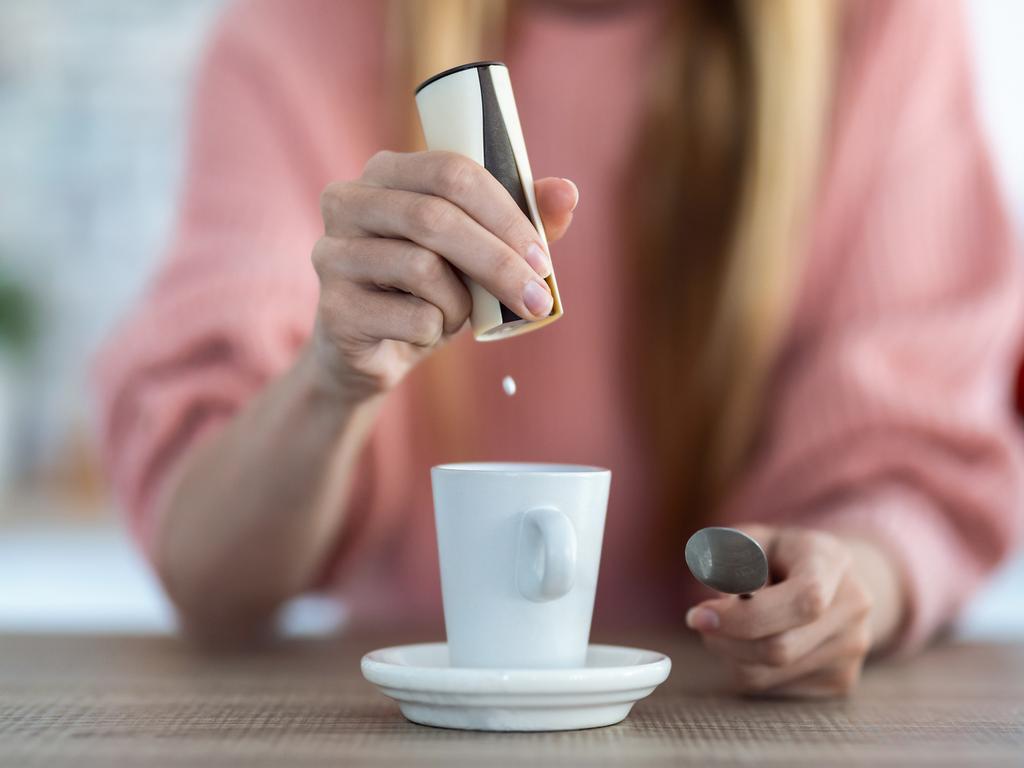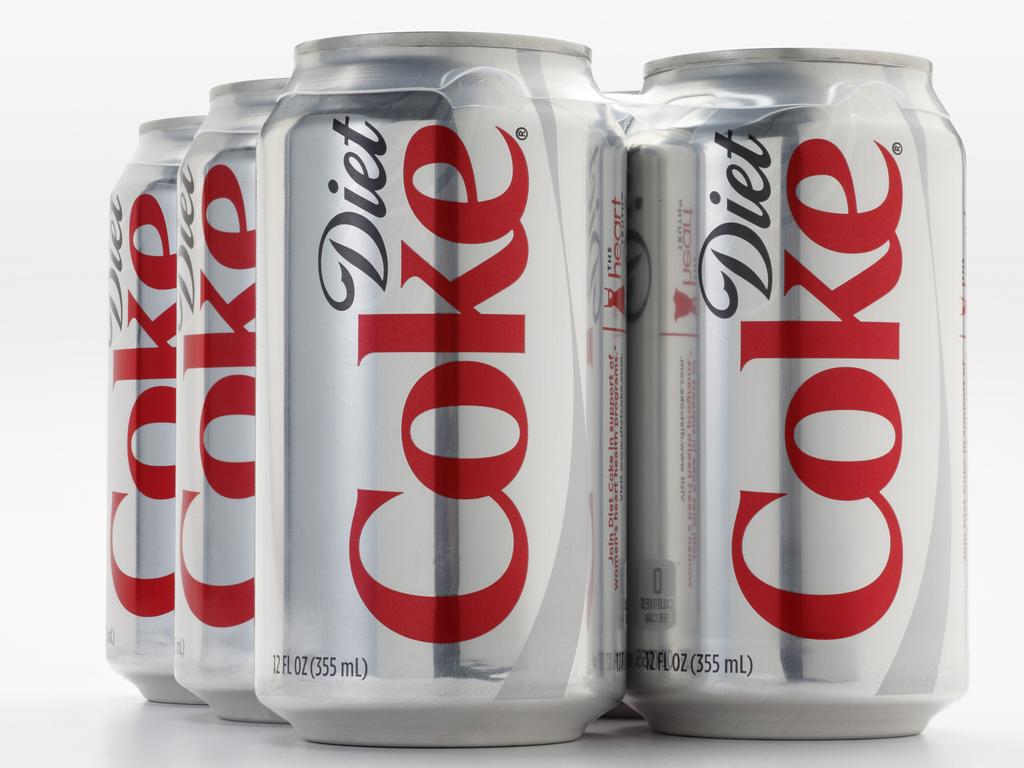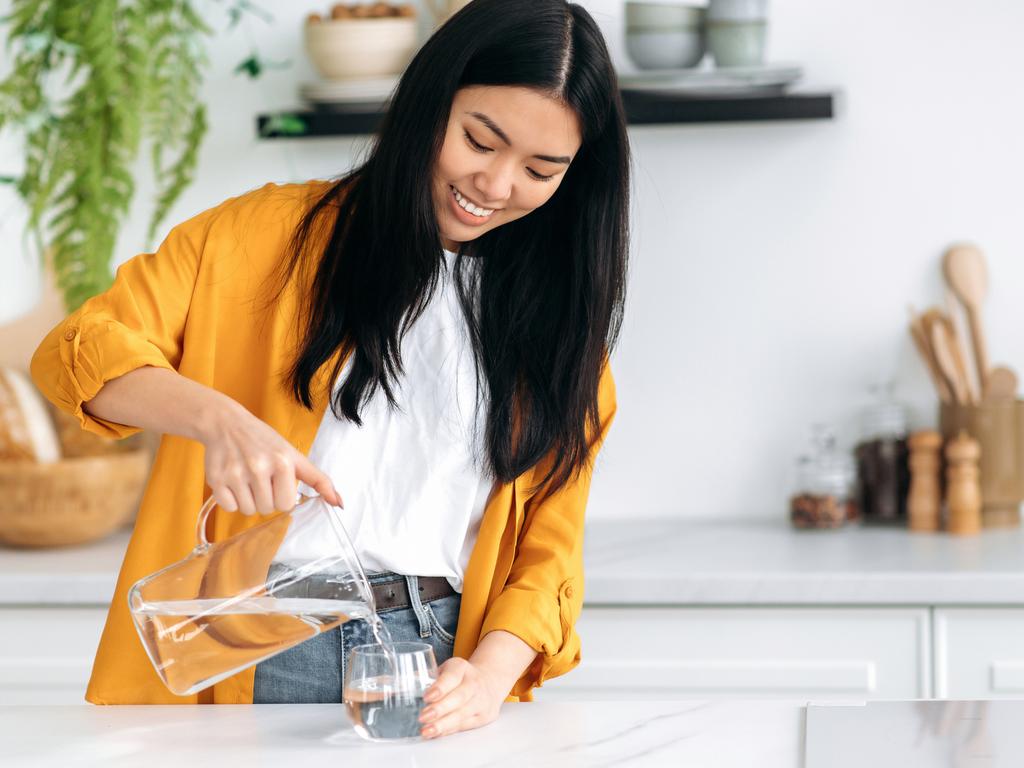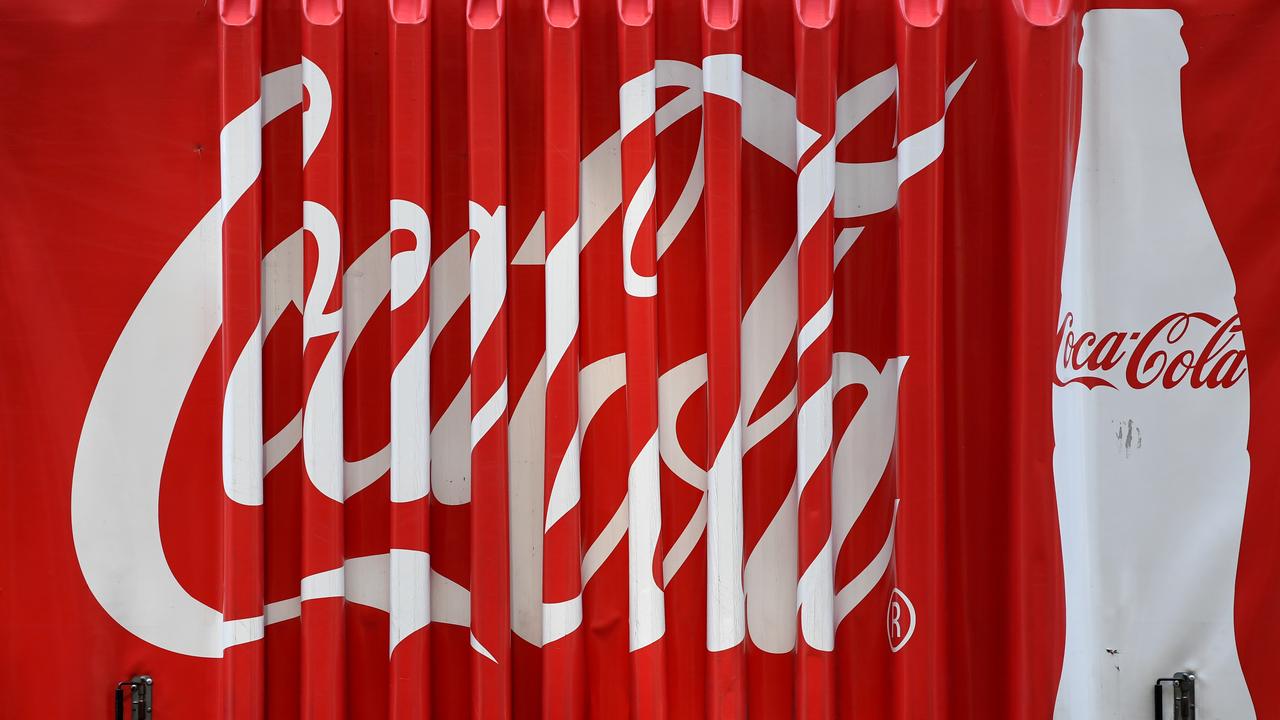‘Does drinking diet drinks cause cancer?’
Most diet soft drinks contain an ingredient that has been linked to an increased cancer risk but it’s not as scary as it seems, says Dr Zac Turner.

Welcome to Ask Doctor Zac, a weekly column from news.com.au. This week Dr Zac Turner discusses the pros and cons of diet soft drinks.
QUESTION: Hi Dr Zac, is it true the artificial sweetener in diet soft drinks will give me cancer? I have heard that Aspartame is linked directly to cancer, and is found in most diet versions of foods and drinks. Should I not be drinking anything with artificial sweeteners? – Sandy, 63, Sydney
ANSWER: I would always recommend that people try not to consume artificial sweeteners, but certainly ones they are predisposed to developing cancer from. I can answer your question about Aspartame, but first let’s dive into what artificial sweeteners are.

Artificial sweeteners, or sugar substitutes, are chemicals added to some foods and beverages to make them taste sweet. How they work is that the sweetness receptors on your tongue confuse them for sugar, giving the same sensation as you would with natural sweeteners like honey.
Food and beverage companies spend millions in research and development of artificial sweeteners because they make them a lot of money via diet products.
You see, artificial sweeteners provide virtually zero calories, as your body cannot break them down. It turns out the moment on your lips does not have to be forever on your hips.

Here are some sweeteners that are commonly allowed for use in Australia, as approved by the Australian Food Standards Code:
• Saccharin
Saccharin is another artificial sweetener that has been approved for use in Australia. It is often used in tabletop sweeteners and various processed foods.
• Sucralose
Sucralose is a heat-stable artificial sweetener that is used in both cooking and baking. It is commonly found in a variety of food products, including baked goods, beverages and dairy products.
• Cyclamate
Cyclamate is an artificial sweetener that has been approved for use in some countries, including Australia. It is often used in combination with other sweeteners and can be found in a range of products.
• Acesulfame potassium (Ace-K)
Acesulfame potassium is a calorie-free artificial sweetener that is often used in combination with other sweeteners to enhance sweetness. It is used in a variety of food and beverage products.
• Steviol glycosides (Stevia)
Steviol glycosides are natural sweeteners derived from the leaves of the stevia plant. They have gained popularity as a natural alternative to artificial sweeteners. Stevia is commonly used in beverages, desserts and other products.
• Aspartame
Aspartame is a low-calorie artificial sweetener used in a wide range of food and beverage products. It is commonly found in diet soft drinks, sugar-free desserts, and other low-calorie or sugar-free products.

Cancer risks
Studies have found that artificial sweeteners have a number of effects on people, including reduced appetite and weight loss. They can even help people with diabetes by reducing sugar intake.
However, some people should avoid these sweeteners at all costs. For example, individuals with the rare metabolic disorder phenylketonuria (PKU) cannot metabolize the amino acid phenylalanine, which is found in aspartame. This is what sparked the recent news coverage that Aspartame causes cancer.
Additionally, growing evidence indicates certain artificial sweeteners like sucralose reduce insulin sensitivity and affect the gut bacteria.
Artificial sweeteners are considered safe for consumption when used within established acceptable daily intake (ADI) limits.
As always, I recommend you drink a glass of water instead of soft drink!
Got a question? Email askdrzac@conciergedoctors.com.au
Dr Zac Turner has a Bachelor of Medicine and Bachelor of Surgery from the University of Sydney. He is both a medical practitioner and a co-owner of telehealth service, Concierge Doctors. He was also a registered nurse and is a qualified and experienced biomedical scientist along with being a PhD Candidate in Biomedical Engineering.






